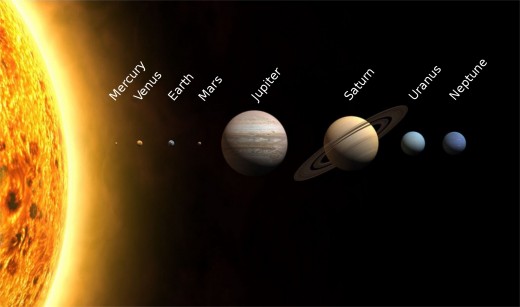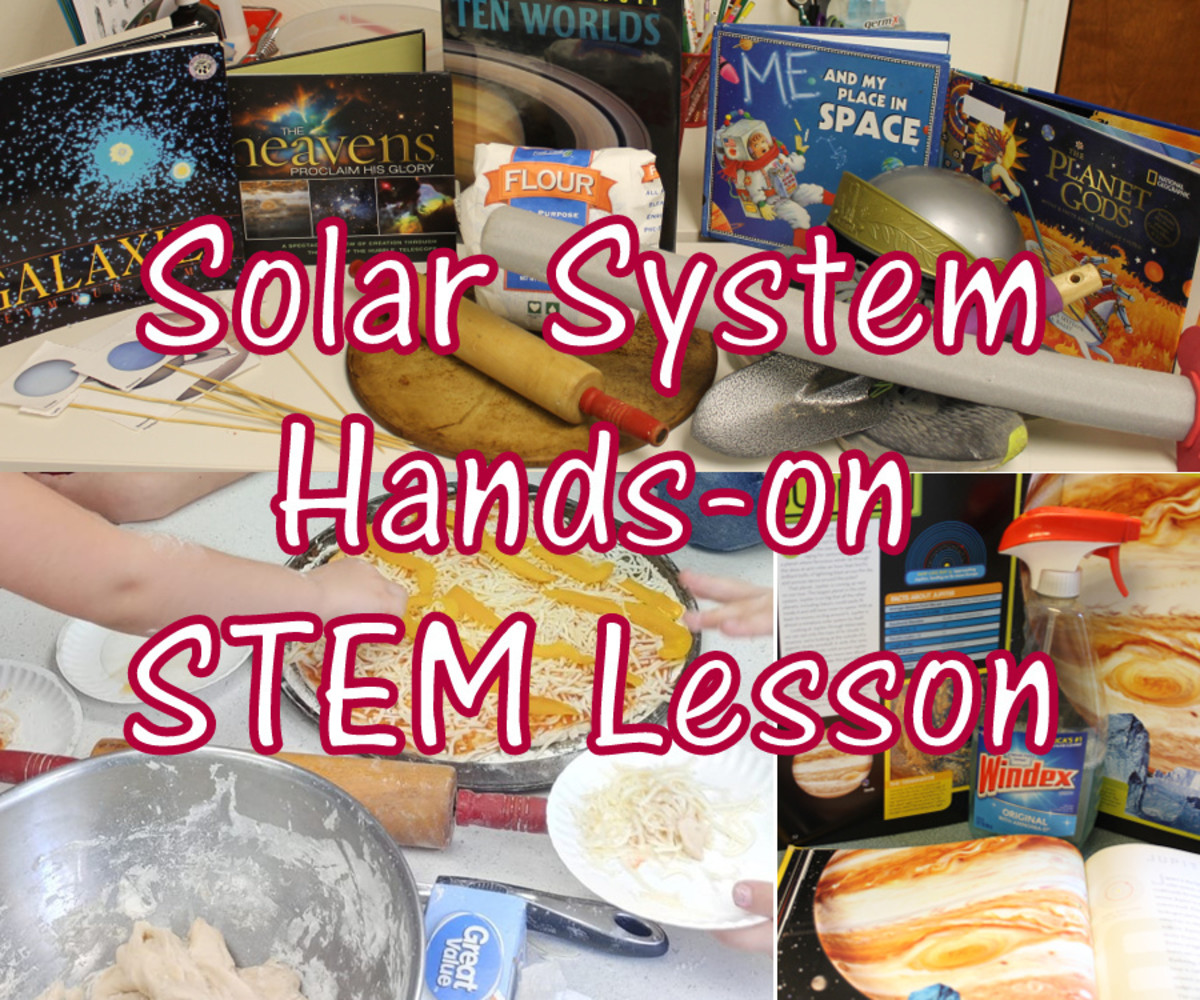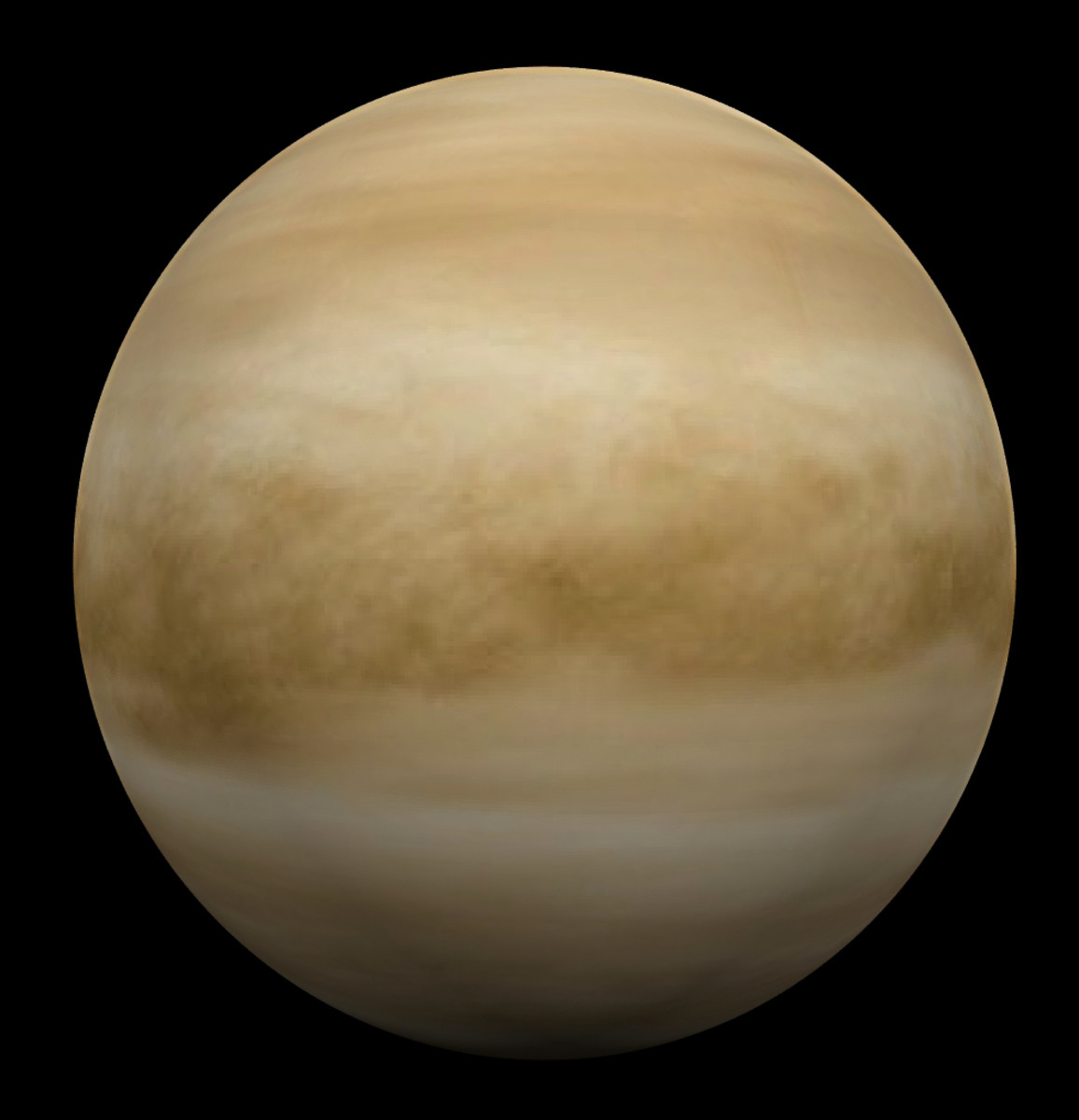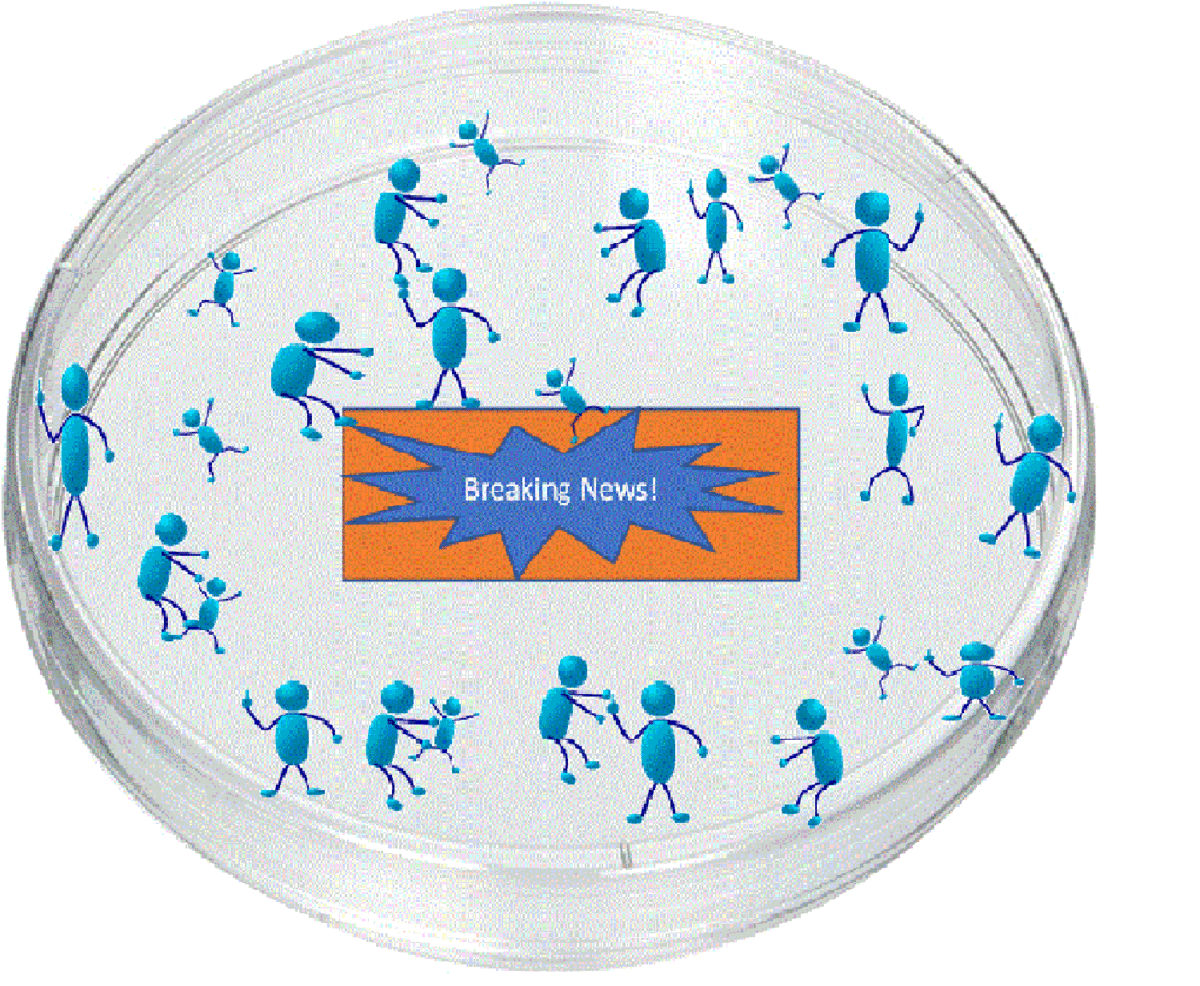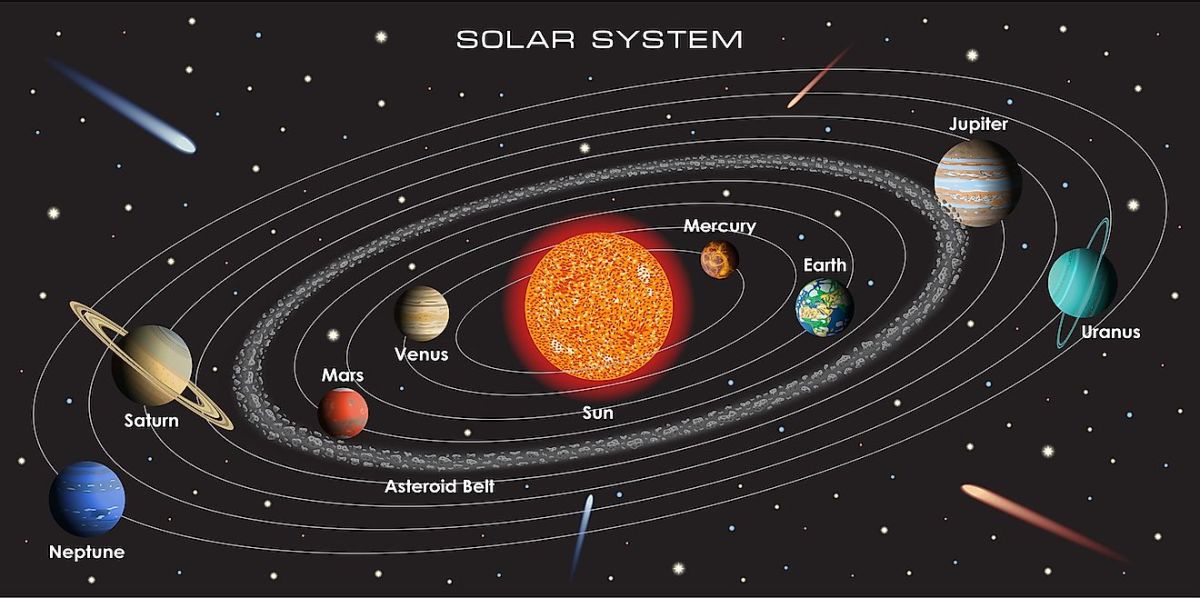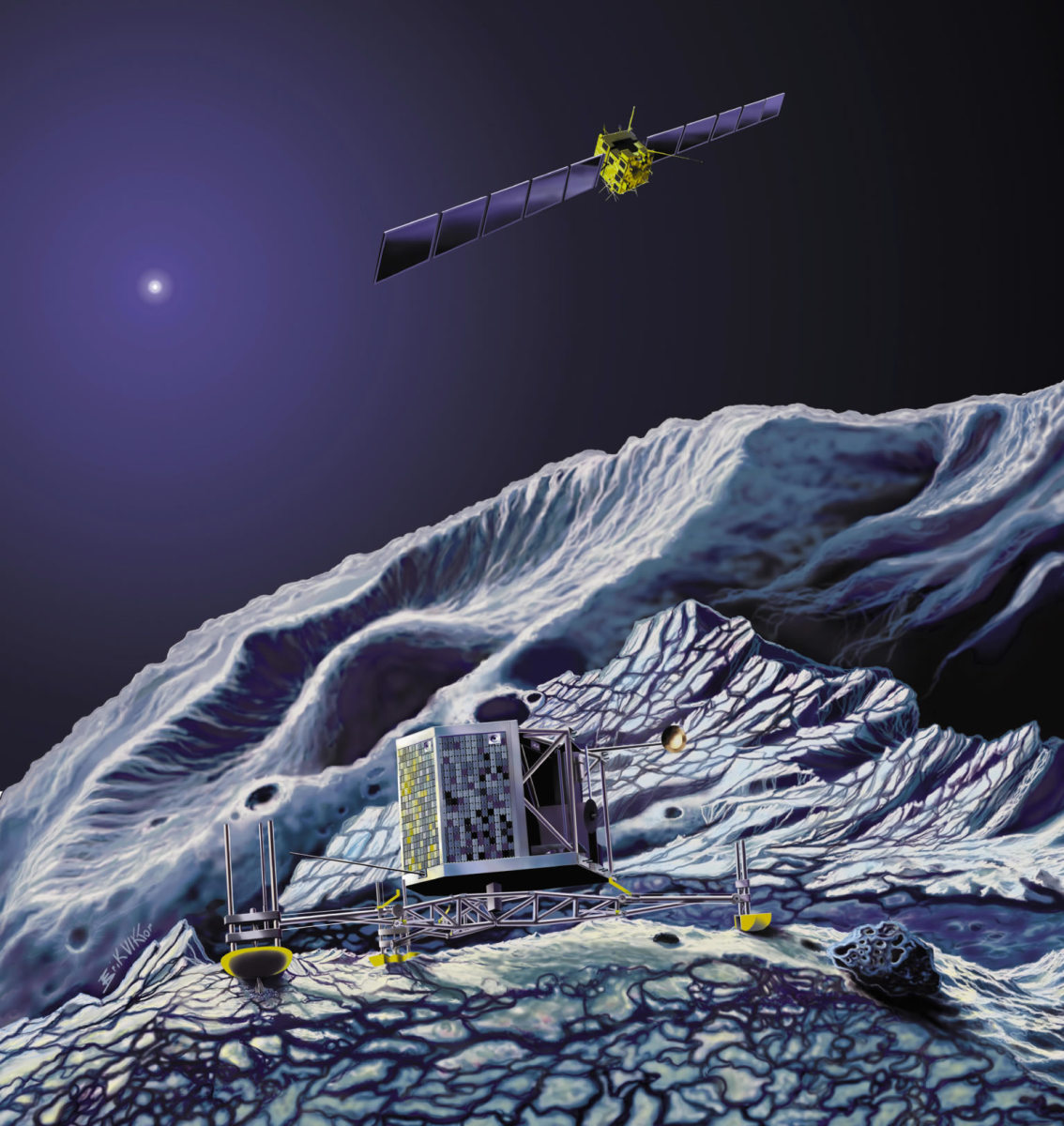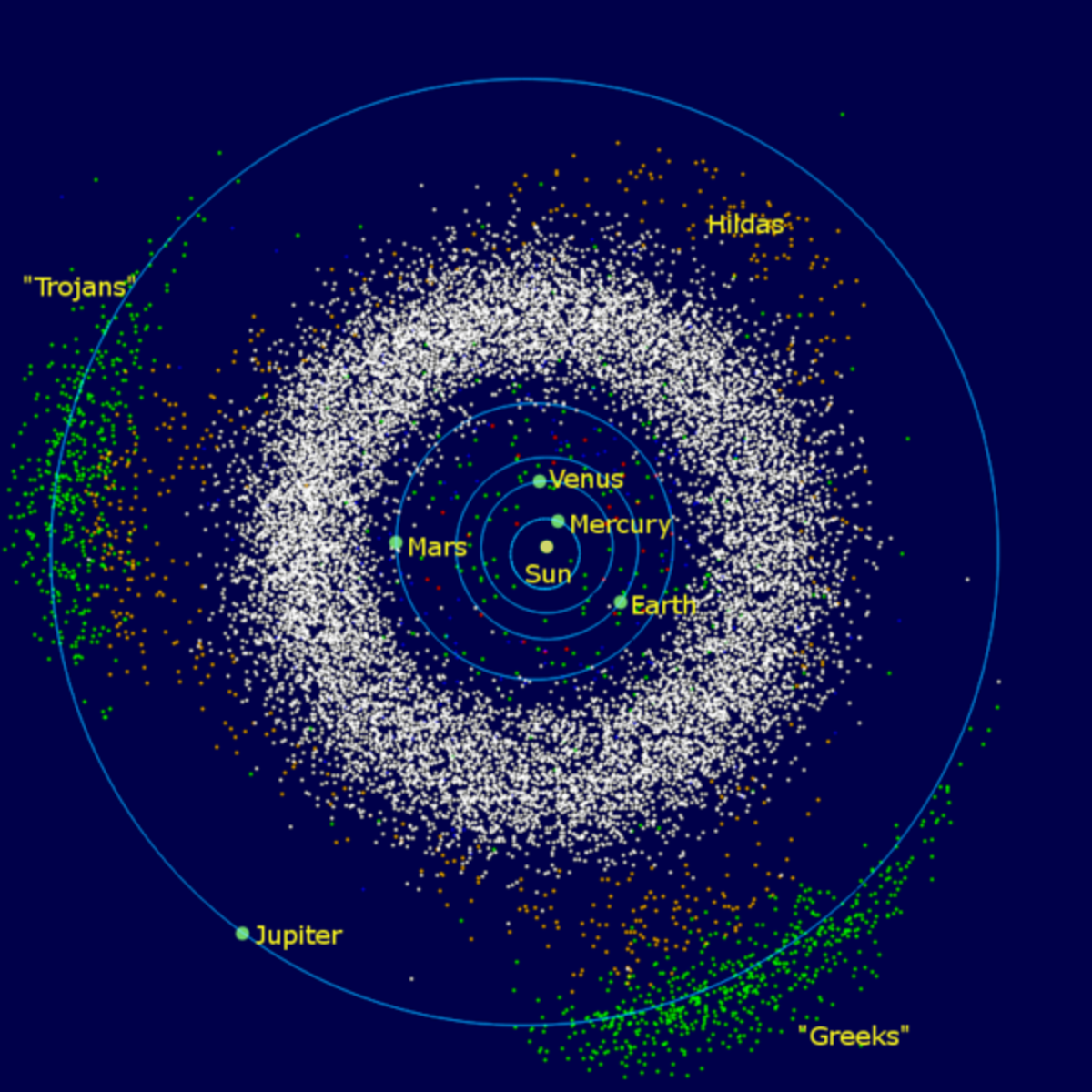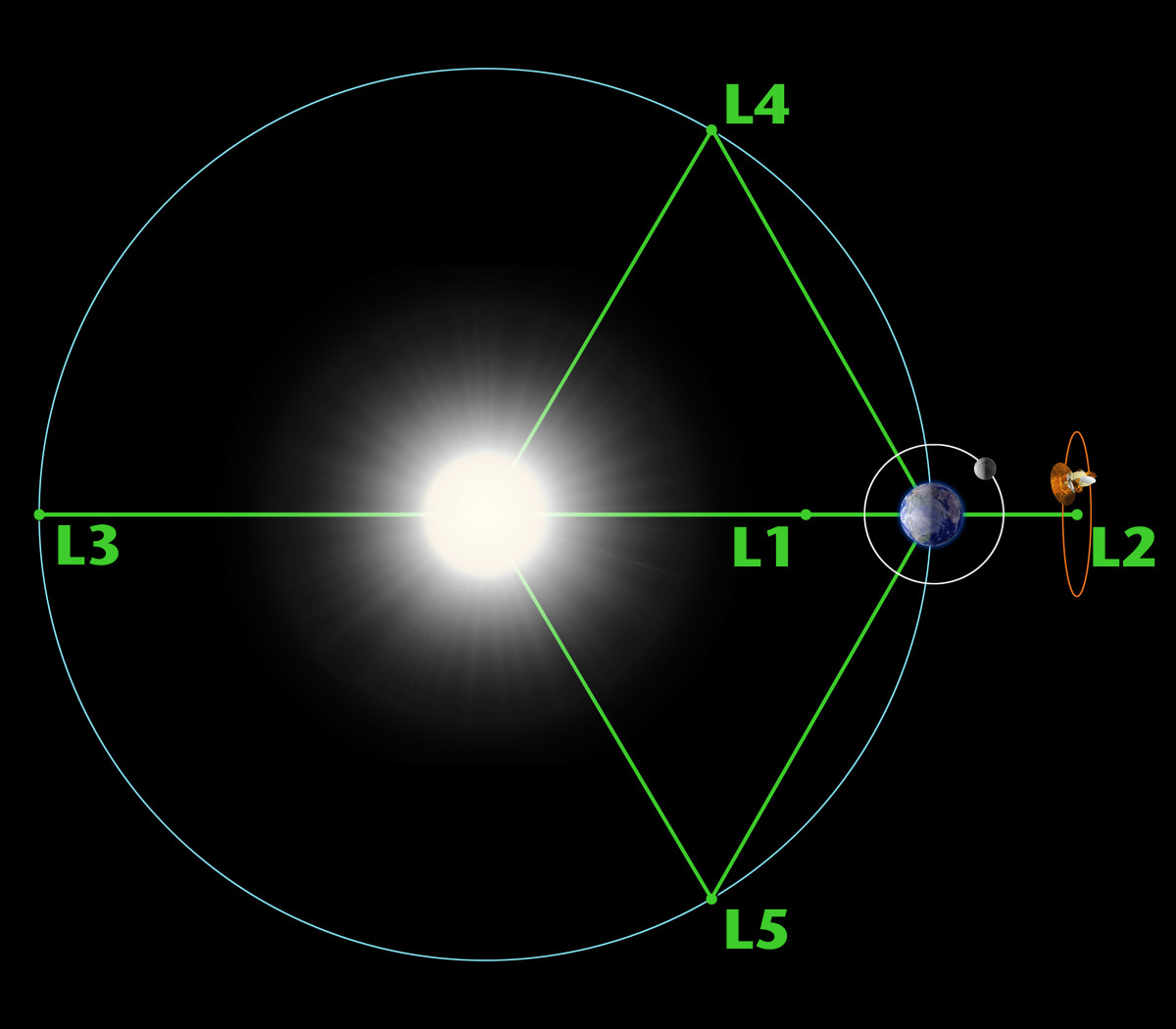Space Simplified
Space
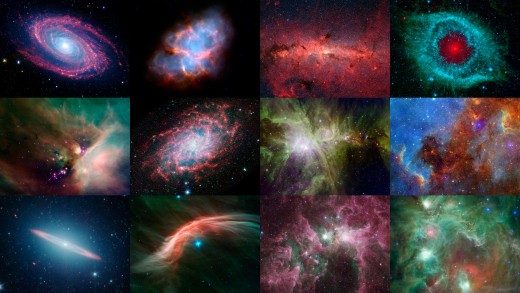
What Is Space?
Before we get into the black holes, meteors, and stars, we have to first know what space is. Space is the boundless three-dimensional extent in which objects and events have relative position and direction. Physical space is often conceived in three linear dimensions, although modern physicists usually consider it, with time, to be part of a boundless four-dimensional continuum known as space-time. Now what does all that mean exactly? Well it simply just means the space outside the earths atmosphere with planets, stars and comets.
What Is Space Time?
Now that you know what space is, i'm sure you'd like to know how time works there. This is a little more complicated. In physics, space-time is any mathematical model that fuses the three dimensions of space and the one dimension of time into a single four-dimensional continuum. Basically there is no time in space, and I'm going to tell you why. For all objects of space, the time is not the same, meaning there is no universal time flow.
Space Time
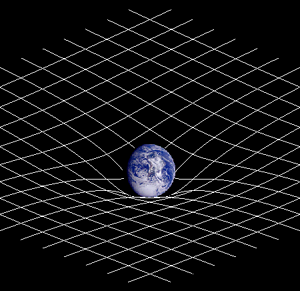
What Are Planets?
Now that we've gotten all the basis out the way, it's time to know what exactly is in space. One thing we know that's in space are planets. But what exactly are planets, and what are they made of? Planets are a celestial body moving in an elliptical orbit around a star. Planets are made up of all different types of things. For example, in our solar system Mercury, Venus, Earth, and Mars are relatively small rocky planets made up mostly of silicate minerals and iron and nickel metal. The outer planets (Jupiter, Saturn, Uranus, and Neptune) have much different compositions. They all have solid cores of rock, metal, and maybe even ice, but these planets are totally enveloped in thick atmospheres of gas. So basically, there either big chunks of rock or big balls of gases orbiting a star.
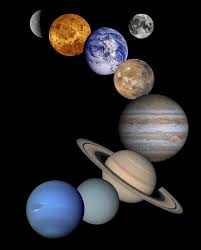
What Are Stars?
Now that we know about planets lets learn about the stars! Now you may be thinking that stars are just the little dots in the sky. But they are much more than that. Stars are a fixed luminous point in the night sky that is a large, remote incandescent body like the sun. Stars are made of very hot gas. This gas is mostly hydrogen and helium, which are the two lightest elements. Stars shine by burning hydrogen into helium in their cores, and later in their lives create heavier elements. So, in conclusion they're are super hot big balls of gas.
Stars
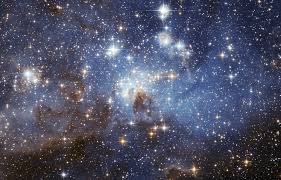
What Is The Solar System?
So now we know what space is, we know how it works and some of the things in it. So now lets learn about are entire solar system. The solar system is the collection of eight planets and their moons in orbit around the sun, together with smaller bodies in the form of asteroids, meteoroids, and comets. The eight planets are Mercury, Venus, Earth, Mars, Jupiter, Saturn, Uranus, and Neptune. So lets learn about these planets individually. First off is Mercury, Mercury is the first planet and closest to the sun, but it is not the hottest, you'll know why later. Since it is closest to the sun it's orbit around the sun is very short. One year on Mercury is 88 days long. It is also the smallest planet in our solar system. Its very dense, with a molten core, and is the second hottest planet. It is also the most cratered planet. Second is Venus, although it is the second planet from the sun, it's the hottest. This is because Venus has a lot of volcanoes and greenhouse gasses trapping the hot air in, making it even hotter. Venus is the second brightest natural object in the sky, and is sometimes referred to the "morning star" and the "evening star". One day on Venus is longer than one year. Venus is named after the Roman god of love and beauty. Venus is sometimes called Earths sister planet. The third planet is Earth, are home planet! Our home, Earth, is the third planet from the sun and the only world known to support an atmosphere with free oxygen, oceans of liquid water on the surface and — the big one — life. The fourth one is Mars, this is the planet that could possibly sustain life. Mars is the second smallest planet in our solar system. Mars is also often described as the “Red Planet” due to its reddish appearance.Mars is a terrestrial planet with a thin atmosphere composed primarily of carbon dioxide. The fifth planet is Jupiter, Jupiter is the largest planet in our Solar System, with 2.5 times the mass of all the other planets combined.Its orbital period is 12 years.If Jupiter got any more massive, it would actually get smaller. Additional mass would actually make the planet more dense, which would cause it to start pulling it in on itself. Astronomers estimate that Jupiter could end up with 4 times its current mass, and still remain about the same size. The sixth planet is Saturn, Saturn is the least dense planet in the Solar System. It is a gas giant with an average radius about nine times that of Earth. It has only one-eighth the average density of Earth, but with its larger volume Saturn is over 95 times more massive. The first astronomers thought the rings were moons. The seventh planet is Uranus, It has the third-largest planetary radius and fourth-largest planetary mass in the Solar System. Uranus turns on its axis once every 17 hours, 14 minutes. Uranus makes one trip around the Sun every 84 Earth years.Uranus hits the coldest temperatures of any planet. Last but not least is Neptune, Neptune is the eighth and farthest known planet from the Sun in the Solar System. In the Solar System, it is the fourth-largest planet by diameter, the third-most-massive planet, and the densest giant planet. It takes Neptune 164.8 Earth years to orbit the Sun. Neptune has the second largest gravity of any planet in the solar system – second only to Jupiter.
